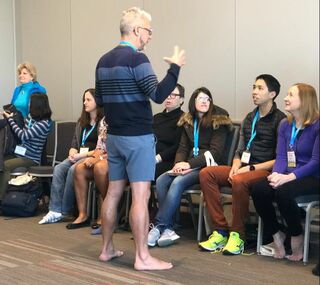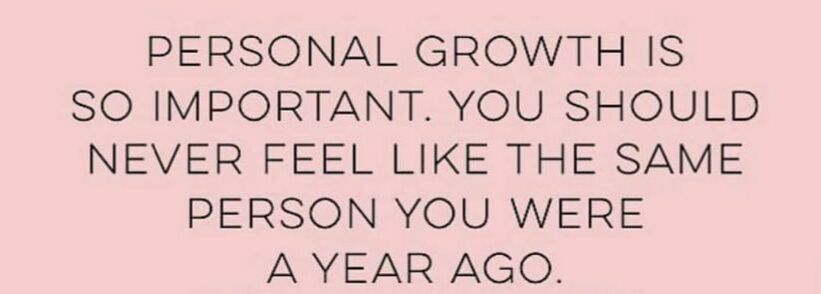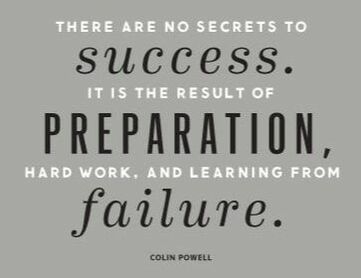|
-Stathia Orwig When I told my students that I was going to a conference to make me a better music teacher, their reply to me was “But you’re already the best teacher ever, Ms. Stathia!!”. That made my heart smile. But, I sincerely believe that we can all benefit from continuing education and networking with others in our same field, and that is exactly what Music Teachers National Association (MTNA) Conference is all about. I am so lucky to be apart of MTNA, but also of TMTA-Texas music teachers- which has the largest MTA in the country. With this, we also have an amazing conference every June, which we have written about before. But national connects us with teachers from all over the country and Canada. We were at the beautiful convention center in Spokane. Washington. For those of you not familiar with Spokane (which I was not!), it’s pronounced “SPO-can” and the people were super friendly. There was snow on the ground and it was just beautiful! Clinicians from all around the country gave presentations from 8am till 5:30pm for 5 full days. An example of just a few sessions I went to were:
Obviously, there were many other sessions that I went to in addition to the publisher showcases (seeing new music!!). I had a great time getting to meet teachers from around the country and even connecting with the Texas teachers at our Texas Dinner! Being at the conference energized me in my teaching just when I needed it. But, it also gave me the desire to want to be better and do even more! I’ve got a little list going of things that I would like to do over the next few years, like finish applying for my MTNA certification (which I’ve already started), get on the TMTA board (which might be happening sooner than I expected, lol), get my yoga teacher certification, and possibly even speaking at one of these conferences. When do I have time to any of this?! I have NO idea, but I’m shooting for the stars and this girl has some serious goals!!
0 Comments
We’ve written many, many blogs over the last 3 years, and I am surprised that we haven’t thought to write about this subject. Possibly because it’s not the most positive topic to talk or write about, but it is certainly important. With our May Awards Recital about 8 weeks away, I was thinking about the performances of my past and current students. While most of my students have performed well, there were a couple who had disappointing performances, so I wanted to write about the importance of failure. In the wise words of Yoda, “The greatest teacher, failure is”. While it is difficult to get a poor test score back or to perform poorly at a recital or festival, I think it is these situations where we really learn what to change and are able to fix our problems. I’ve thought back to my own performances that were disappointing, but I know exactly what I did wrong, and I rarely ever make those mistakes anymore. I needed to experience failure in order to grow and improve. Of course, I would never let a student go up and play in a recital who was totally unprepared. But, if a student has had plenty of time for their piece and has chosen not to practice, and has it mostly memorized, he/she will participate. It’s never easy to watch a student “bomb” their piece, but we always address it at the next lesson and usually the student knows exactly what they need to do differently next time. “Maybe I should have practiced more”, “Maybe I should have read my assignment sheet to see what my goals were”, “Maybe I should start memorizing my piece earlier instead of trying to memorize it at the last minute”- these are all things I hear after a poor performance. I reassure them that no one performs perfectly every time and that these are experiences that everyone goes through. It’s also critical for students to learn how to recover from a mistake in the middle of a performance. To prepare for this, the student and I pick out a spot or two to start from again in case their memory slips or they can’t get past a troublesome passage. You can turn this into a game as well- I’ll point to a measure anywhere in the piece (usually in the middle of line somewhere) and ask them to start from there. Students that know their piece really well can do this fairly easily. Students that need to start from the beginning of the line or all the way at the beginning of the piece will need more practicing. I think all teachers and parents want to prepare children to be successful adults and to learn how to deal with all types of positive and negative situations. Rejection and failure are real world experiences, whether at work, school, or even in relationships. We can’t ignore them because they are unpleasant to deal with, but we can be supportive and teach our students and children how to grow from them. Students who go through failure end up being the most resilient and prove to themselves that they can recover from a poor performance experience.
|
Archives
July 2024
Categories
All
|
|
|
MUSIC SO SIMPLE
|







 RSS Feed
RSS Feed